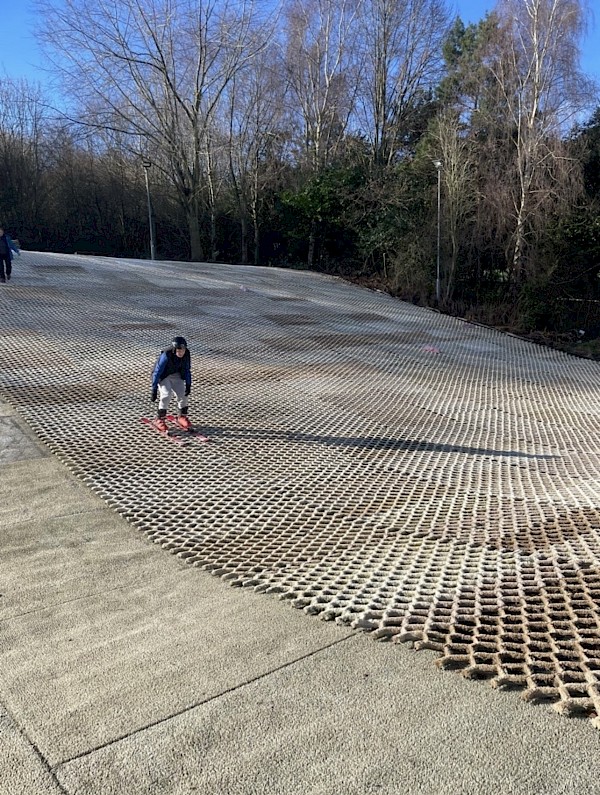In Key Stage 3, the programme incorporates areas of the National Curriculum to meet the needs of the individual, covering a wide range of sports and games in order to develop basic and core skills. Students are provided with further opportunities to develop an appreciation and love of physical activity outside of their timetabled P.E lessons with additional OAA activities as well as regular sports clubs being available. These sessions enable students to further develop their confidence, as well as providing an opportunity to seek different physical activities that they find a level of enjoyment in through participation.
Students are assessed through the use of AQA unit awards, which enables students to achieve at pre-entry level, entry level, level 1, 2 and 3. This is a unitised programme consisting of non-examined assessments that students can achieve without the need for formal assessments.
KS4 students also have the opportunity to work towards an NCFE Level 1 Certificate in Sport. This is an opportunity to expand their knowledge of the sporting landscape, both through their own personal performance as well as the wider sporting industry and the opportunities it can provide. This is achieved through the completion of coursework on a range of units as well as through practical assessment.
By the end of Key Stage Four, the P.E curriculum aims to ensure that all pupils:
- become resilient and resourceful learners with a ‘can do’ attitude;
- develop a wide range of basic and core skills;
- be able to apply these skills appropriately and confidently;
- develop a wide range of sporting terminology;
- develop an understanding of relevant rules and regulations for a range of sports;
- be able to reflect on and analyse performance, and provide constructive feedback;
- develop transferable skills such as teamwork, communication and resilience;
- make decisions and problem solve with confidence;
- understand the importance of preparing your body for exercise and how the body works;
- listen and speak effectively and appropriately; and,
- generate and share ideas using critical thinking skills.
